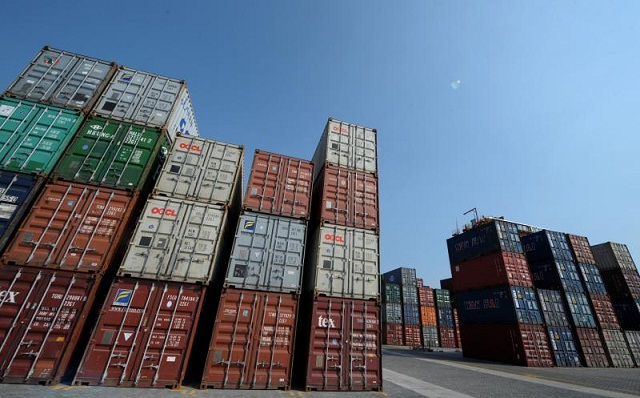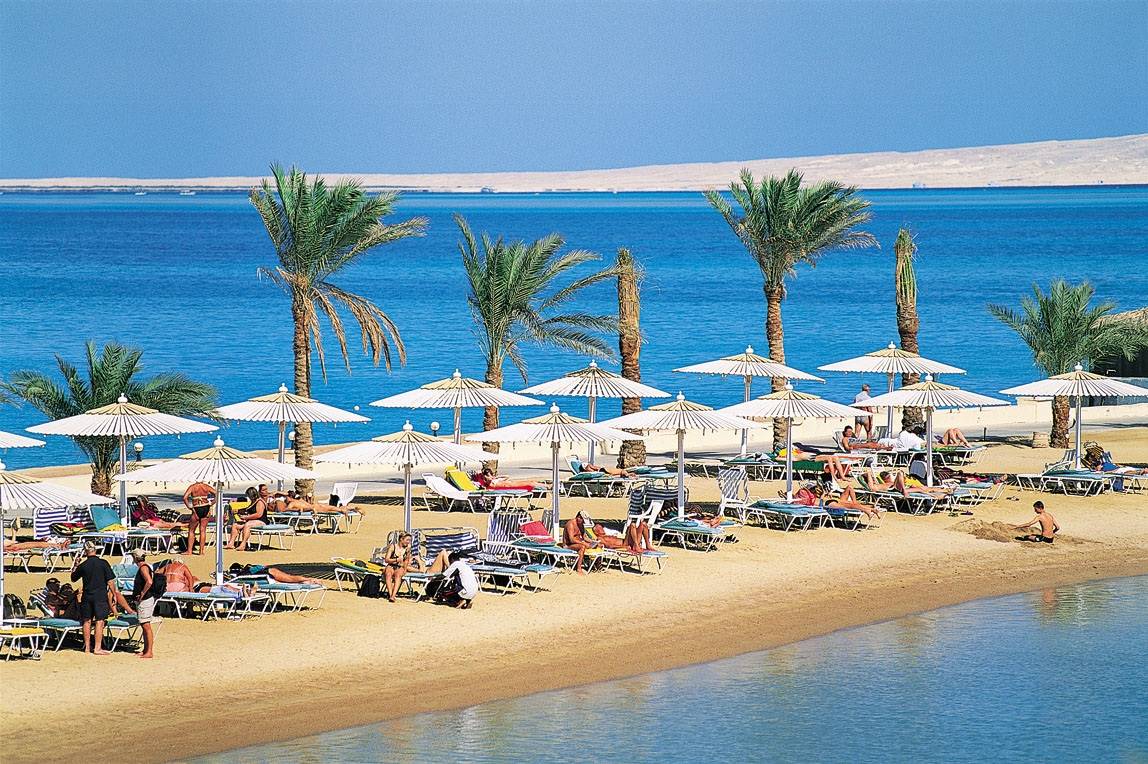Egypt’s participation in the high-level meeting on Africa Renewable Energy Initiative (AERI) focused on advocating for a fund and the transfer of technology to help Africa achieve its national objectives related to climate change.
President Abdel Fattah Al-Sisi said during his participation in the meeting that the diversion to renewable energy will achieve sustainable development, and will support energy security, in addition to containing the negative effects of climate change.
Al-Sisi also highlighted in his speech the importance of bolstering cooperation between African countries on all levels and coordinate efforts to effectively make progress with the AERI.
The AERI, launched during the 21st Conference of the Parties (COP21) on climate change in Paris, aims to generate more than 10 GW of renewable energy by the end of 2010, and 300 GW by 2030.
To fund the initiative, at least $5bn in public and highly concessional financing, between 2016 and 2020, from bilateral, multilateral, and other sources, including the Green Climate Fund, will be needed to leverage a further $15bn in other investments, for a total investment of at least $20bn needed before 2020.
“African countries do not contribute in total with more than 5% of the total greenhouse gas emissions worldwide, yet they are the most vulnerable,” Hisham Eissa, head of the international cooperation unit at the environment ministry, told Daily News Egypt.
Eissa added: “Despite African countries being willing to enhance their mitigation strategies through this initiative, there still needs to be a fund and capacity building.”
In Egypt, the obstacles lying ahead of reaching the 2-degree Celsius goal, seems a lot more complicated than only a transfer of technology and fund.
Ragia El-Gerzawy, an environment researcher at Egyptian Initiative for Personal Rights (EIPR), told Daily News Egypt: “We only need the political will.”
El-Gerzawy said that Egypt’s mitigation strategies are contradictive. “We aim to expand coal use yet at the same time we use renewable energy.”
New amendments were made to the Environment Law’s Code of Conduct in April 2015, under Ibrahim Mehleb’s cabinet, to officially integrate coal into the energy mix by the end of 2015. The move reversed the previous ban on the importation of coal due to its potential health impacts.
“Egypt also has a huge adaptation problem. Even if all the coal-fired plants were shut down, there will still be losses,” El-Gerzawy said.






